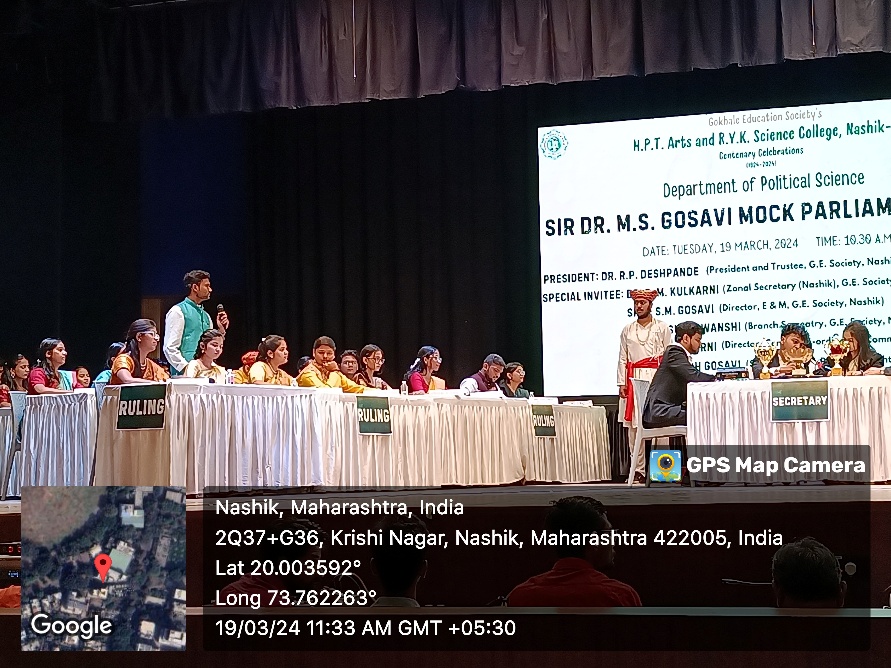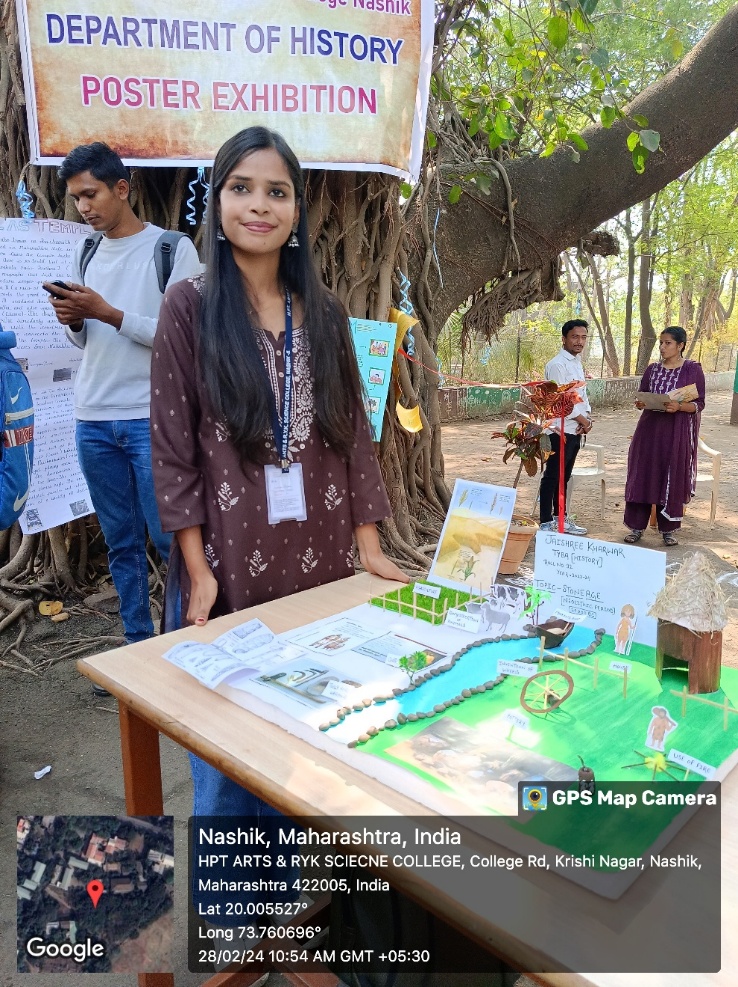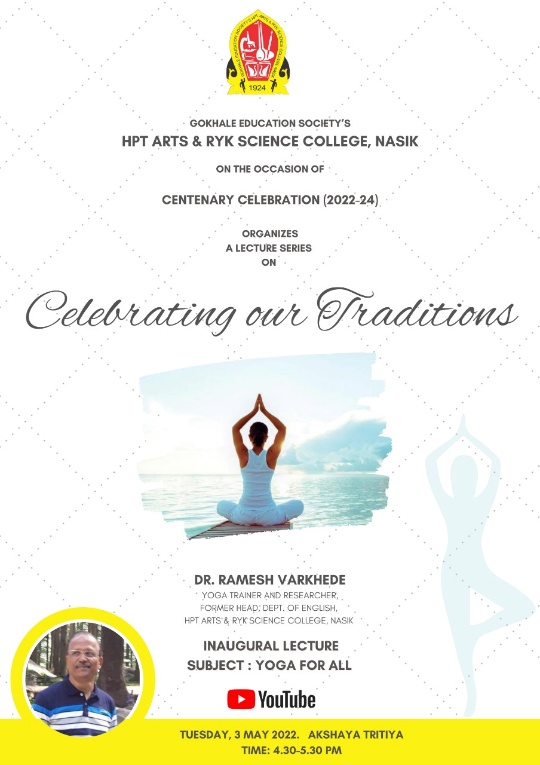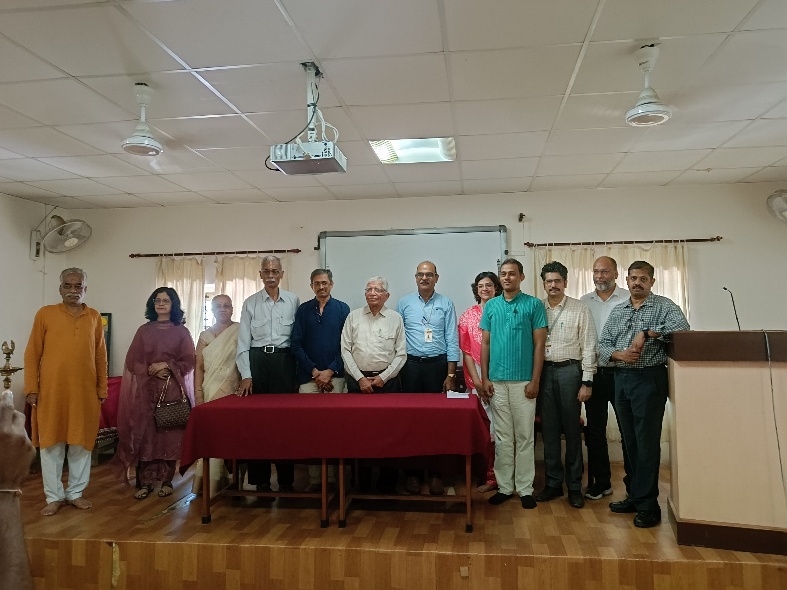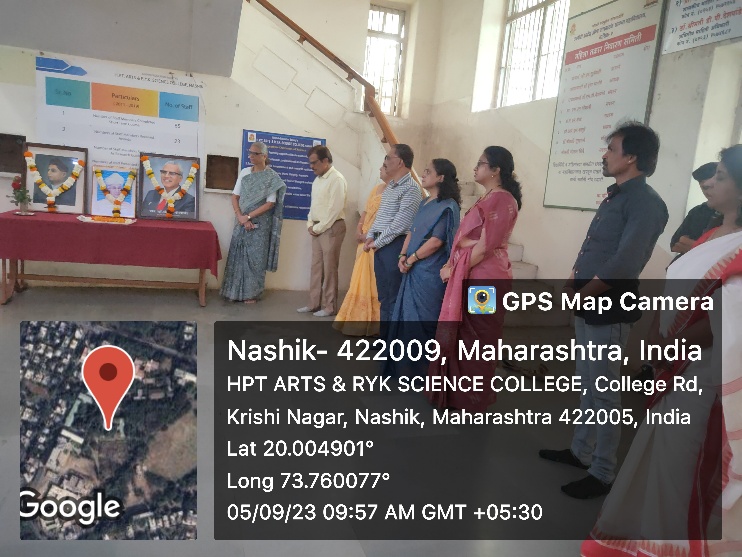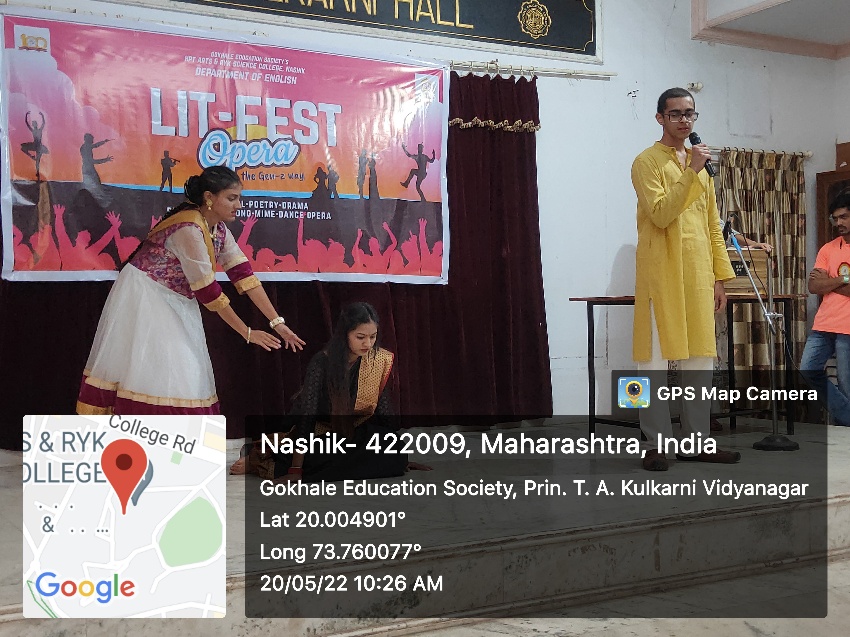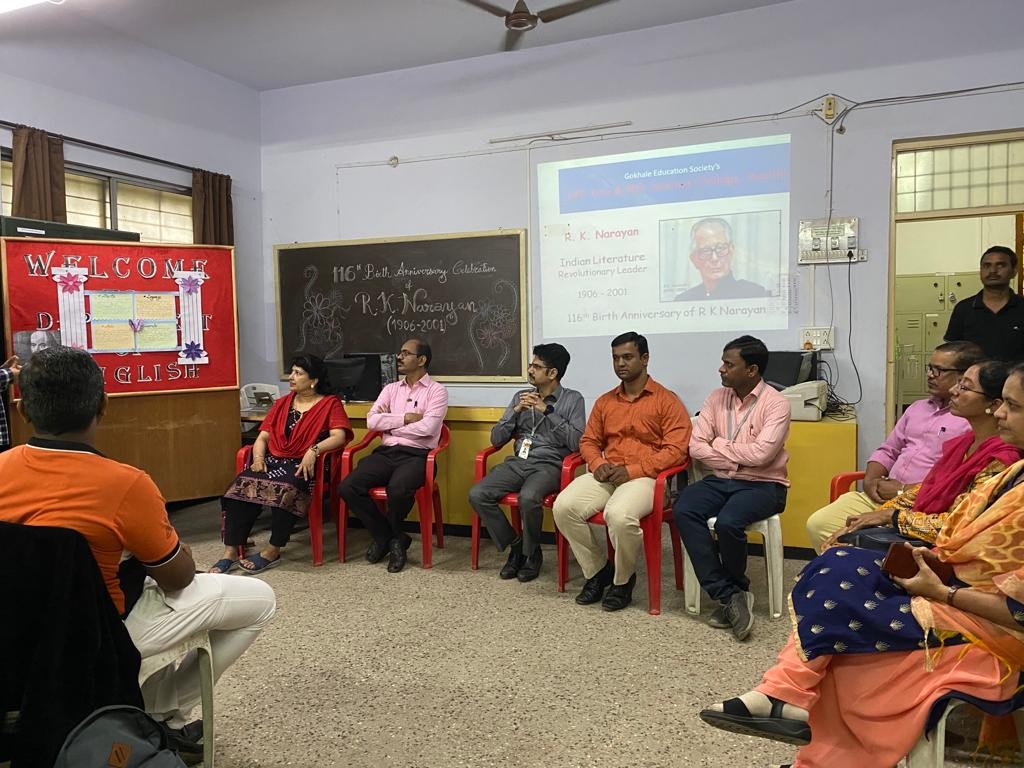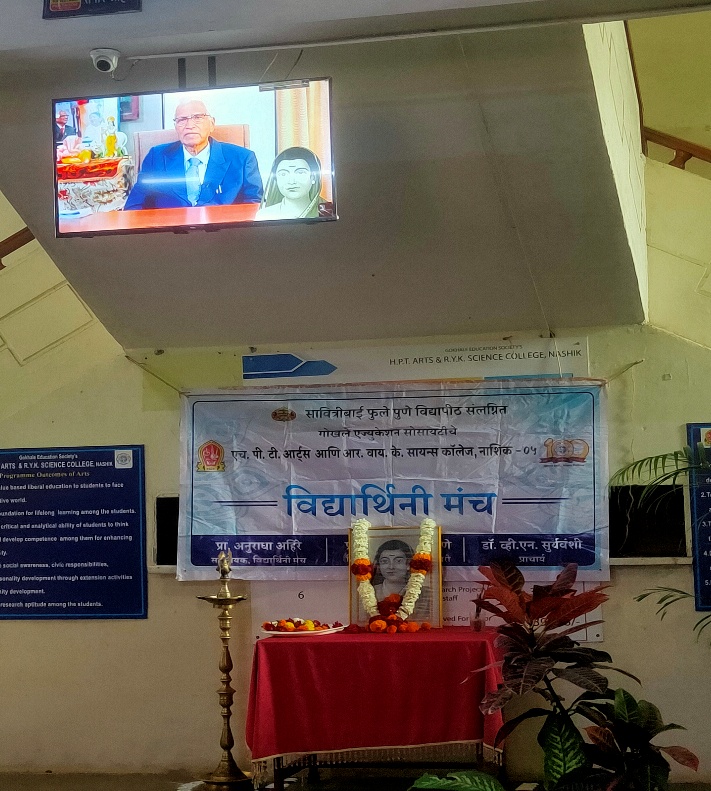Celebrating Our Traditions
Objectives of the Practice
- To educate students about the meaning, significance and relevance of Bhartiya traditions, customs, and knowledge systems, and to encourage them to explore and learn from these rich cultural resources.
- To showcase and celebrate the diverse cultural traditions and practices of India, and to promote cross-cultural understanding and appreciation among students from different backgrounds.
- To inculcate in students a strong value system based on Indian traditions and culture, and to help them develop into responsible, empathetic, and socially conscious individuals.
- To explore ways to integrate traditional Indian knowledge systems and values blended with modern education, and to promote a holistic approach to learning that combines intellectual, emotional, and spiritual growth.
- To instil in students a deep understanding and appreciation of India’s rich cultural heritage, traditions, and values, and to foster a sense of national identity and pride among them.
The Context
H.P.T. Arts & R.Y.K. Science College, Nashik has a rich legacy of a 100 years. The institution has established itself as the epicentre for fostering culture, language and literature. The college used to have 12 language departments in the early years including Sanskrit, Arabic, and Farsi. Renowned Marathi writer and Dynanapeeth Awardee V. V. Shirwadkar alias Kusumagraj was our prestigious alumni. Prof. Vasant Kanetkar, a significant writer in the Modern Marathi Drama arena was working here. Marathi and English scholars-critics like R. B. Patankar, Madhav Manohar and W. L. Kulkarni were our past students. The college is having four depts of languages, including Sanskrit, which is only Sanskrit dept. in the entire Nashik district. The college has 4500 manuscripts preserved over the years. Along with the college has contributed in many cultural and national events including the freedom struggle, Maharashtra Mukti Movement and Kalaram Temple Satyagraha Movement. Nashik is a religious and cultural place since ancient times, well-known across the world for Sinhastha Kumbhmela.
On this backdrop, this practice holds great significance. It is necessary to keep new generation technologically updated but they should also be aware about their rich cultural past. With this thought in mind, the College has initiated more conscious efforts to introduce students to our cultural heritage by organising events related to Bharatiya Darshan (Philosophy), Bhartiya Knowledge System, History of Bharat, Bharatiya Literature and Shastra, Bharatiya Festivals along with celebration of local and indigenous culture.
The Practice
In spite of disrupted university schedules and overlapping academic terms, college has taken efforts to establish this practice. The Practice was carried out through following activities.
- Establishment of IKS Promotion and Translation Cell
- Organising National and State Level Conferences, Seminars and Workshops
- Conducting of expert lectures in offline/online mode
- Exploring Manuscripts and organising them into thematic sequence
- Introducing Short term courses/workshops on application-oriented topics like Indian Knowledge System, Sanskrit Grammar, Prakrut, Modi and other ancient Indian Lipis
- Establishing Linkages with organisations like Sanskrit Bhasha Sabha, Global Sanskrit, Kusumagraj Foundation, Nashik Public Library
- Organising Field visits to places nearby Nashik including temples, caves, museum and libraries
- Arranging Poster and model exhibitions dedicated to topics from Indian history and culture
- Hosting a series of programmes title as ‘Celebrating Our Tradition’ to boost this practice
- Celebrating special days like Shivrajyabhishek Din, Marathi Din, Hindi Divas, Kalidas Din, National Youth Day, Geeta Jayanti, Yog Divas and birth anniversaries of National Leaders
- Celebrating festival including Ganesh Festival and Diwali
- Screening of YouTube series- Yatharth, specially designed to celebrate memories of National Leaders
- Conducting visits to Gurukul, Pathshala to understand the ancient systems
- Organisation of Mock Parliament, Gandhi Vichar Examination, Celebration of Constitutional Day to instil democratic values
- Arranging Yog and Meditation Sessions for students
- Setting up workshops and seminars on tribal arts, culture and literature including Warli paintings
- Organising Socio-Scientific Exhibition, featuring students from Humanities
Evidence of Success
- Students and faculty from the college and outside institutions were involved in carrying out the practice enthusiastically
- Students from both Arts and Science streams participated in events like Ganesh Festival, Poetry Reading, LitFest, Sanskrit Drama Performance
- Students from Science as well as Arts streams enthusiastically attended courses on IKS, Prakrut and Modi Lipi
- Students on and off campus visited the book exhibitions
- Teachers across departments participated in all the activities.
- The cultural committee of the college is headed by a chemistry professor, with members from departments of Economics, Sanskrit and Geography demonstrating collaborative work
- Around 400 audience members including parents, local citizen attended the Mock Parliament every year
- Overall, approximately 1800 students and faculty engaged with and benefited from the events organized under this practice.
- Events are reported in Newspapers and also covered by local TV channels
- Participation of students in cultural competitions at University level has been highly rewarding
- Students have stagged skits, one act plays and full length plays in Marathi, Sanskrit and English
- Sanskrit plays set by our students are stagged during various cultural events in Nashik
- Scholars from outside visited and guided students in preparing catalogues of manuscripts, so far 750 manuscripts have been analysed
- Conducted lecture and workshop on ‘Art of Translation’
- Students prepared projects on topics of IKS
Problems Encountered and Resources Required
The College found some hindrances in implementing this practice. However, it could resolve them by using resources judicially.
Challenges during Covid-19
- The Covid-19 situation disrupted the academic schedule, posing a significant challenge to implementing activities.
- Overlapping examinations, practicals, and other academic activities made it difficult to bring different students together on one platform.
Adaptations and Innovations
- ICT and other media were used for impactful interactions to counter the challenges.
- Physical seminars were replaced with webinars.
- Traditional posters and models were replaced with digital modes.
- Online platforms like Zoom, Google Meet, and YouTube were used to conduct activities.
Addressing Comprehension Issues
- The use of languages like Sanskrit or philosophical/spiritual topics created comprehension issues for some students.
- Resource persons and faculty members made efforts to explain complex points creatively.
Utilizing Local Resources
- The culturally rich city of Nashik provided ample resources for exploration.
- Students were encouraged to visit cultural and historical places during field and project work.
Positive Outcomes
- Enthusiastic participation from students and teachers contributed to the success of the programs.
- Conducting these activities provided a delightful engagement for teachers and students during a difficult time.
- The activities created a positive impact on stakeholders and organizers, aligning with the College’s motto of “Quest for Best.”
Notes
This practice is directly linked with the NAAC Core value, ‘Inculcating a Value System among Students’. Through introduction and exploration of their traditions, the students are made aware about the rich legacy of our country. While our coming generation should be aware about global scenario, they must be conscious about Indian philosophy, history, art, literature and knowledge systems. This would definitely help them to situate themselves in the global context, without carrying the colonial hangover in any form. NEP-2020 recommends the incorporation of Indian. Knowledge System (IKS) into the curriculum at all levels of education. This practice supports the rationale of NEP-2020. The 4500 manuscripts with college is a rich source of Bhartiya Knowledge and students of the college are exploring different dimensions of these manuscripts. This practice also hons different skills of students that are not generally considered in academic scenario like script writing, drafting bills for parliamentary discussions, stagging performances based on literary texts, fusion of eastern-western culture and translation across languages. These skills are going to play important role in the revamping structure of Higher Education after the implementation of NEP-2020.

